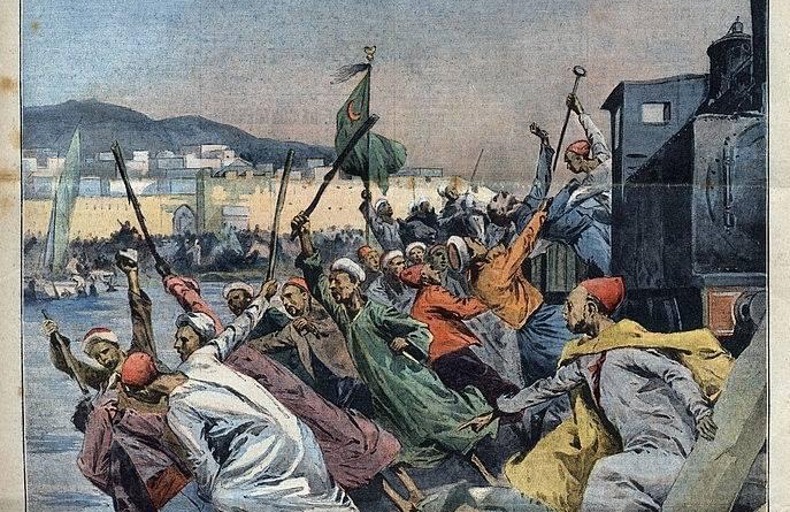Big changes ahead. Stay tuned!
Big changes ahead. Stay tuned!
Nothing here
Start typing to search
Searching..
Nothing matches
There are no matching results.
Sorry!
There has been an error.
Big changes ahead. Stay tuned!
Big changes ahead. Stay tuned!
Nothing here
Start typing to search
Searching..
Nothing matches
There are no matching results.
Sorry!
There has been an error.

The impact of European colonialism on Waqf:
Waqf in the colonial era:
Islamic Awqaf (plural of Waqf) have continued to fulfil their mission over time, with benefactors succeeding one another through the generations until the assets of the Awqaf, including lands and buildings, expanded significantly.
There were times when Awqaf were neglected or their benefits were exploited unjustly, followed by periods when their principles and purpose were restored.
Awqaf have inevitably been influenced by the religious, political, economic and social landscape over time. The pace and locations of Waqf have experienced some contraction in recent centuries.
However, the significant change that began in the Islamic world in the 19th century, when Europe launched a new period of colonial expansion, was not merely a political and military invasion but also a civilisational, cultural and economic one that directly impacted Awqaf.
Colonial authorities adopted policies of combat and restriction against Islamic Awqaf and their strong institutions, pushing them towards bankruptcy and extinction.
For example, the French policy towards Islamic Awqaf in the countries under its control was based on five principles:
Reckless spending on anything the Awqaf did not need, and mismanagement of their funds and properties.
Exploitation of the vulnerable who benefited from the Waqf funds
Pursuing Islamic elements within the Waqf activities.
Minimising spending on all Islamic interests for which the Awqaf were established.
Resisting the Sultan's influence and narrowing his authority and scope as much as possible.
An example of these colonial principles was in Morocco, where the best lands of the Awqaf were given to French colonisers.
The French administration also seized several Waqf buildings for its use and deliberately neglected damaged mosques; with similar actions in Algeria, Tunisia, Syria and Lebanon.
Waqf after the colonial era:
After the independence of Islamic countries and the departure of the colonisers, formerly colonised countries entered the stage of the ‘modern national state’ inheriting some features from the colonial period represented in institutions, laws, and policies.
Among what was inherited from the colonial period was its policy towards Islamic institutions, which were neglected under colonial rule.
Some Islamic countries continued the colonial policy towards Awqaf, involving neglect and marginalisation, while others, albeit few, embraced and encouraged Awqaf.
The modern state in the Islamic world delegated most of its functions and facilities to the state and its institutions, which led to the continued contraction of the Waqf sector, with its role almost confined to mosques and related matters.
This, in turn, reduced the community's role in development, care, culture, and educational efforts, on the basis that the state had taken responsibility for all of these areas.
However, practical experiences on the ground prove, day after day, the need to activate the role of individuals and the community in their own affairs and their development.
Today, the Waqf movement is regaining its vitality in some countries, adapting to the administrative and legal conditions of each country. Sometimes it operates within the framework of the Ministries of Waqf, sometimes as international or regional charitable organisations, and sometimes it focuses on specific educational or health projects.
Thus, endowments are revitalised once again after their contraction during the colonial era, continuing to serve Islam and Muslims.